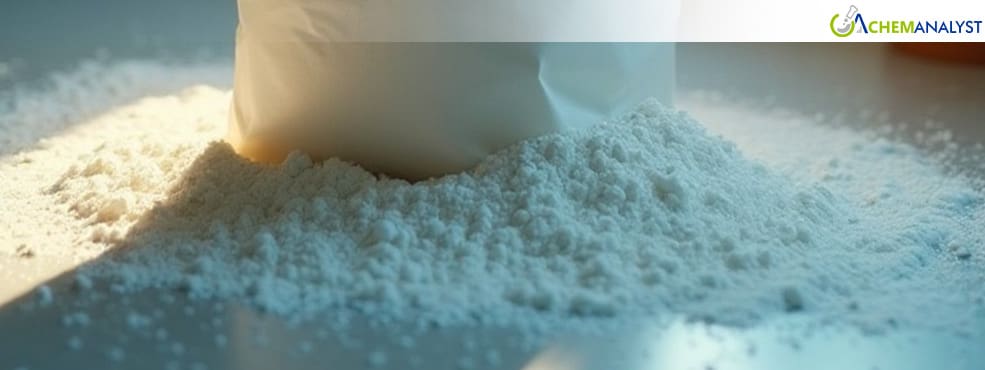Welcome To ChemAnalyst

The price for lithium hydroxide in Belgium declined again in the first half of May, illustrating wider scenarios of the European electric vehicle segment and global lithium markets. The price decline can be attributed to several factors: softening demand from the electric vehicle sector, rising import prices of lithium hydroxide, and changes in government policy impacting the battery supply chain.
The electric vehicle market in Europe has slowed down. Governments have recently begun eliminating incentives that have suppressed EV sales and heightened competitive pressure from low-priced Chinese EVs, and the unfavorable economic situation continues to be uncertain. All these factors are causing a reduction in electric vehicle sales and this reduced demand has lessened the immediate need for lithium hydroxide from battery manufacturers.
At the same time, the area has been impacted by low-priced lithium hydroxide, mostly from producers in Asian countries. These low-cost imports of lithium hydroxide, coupled with the rather obvious low-cost supply conditions and low-cost trading conditions, had prices trending downward. The overall increase in the number of cheaper alternatives, forced local buyers to rethink their buying behavior, thereby affecting local market strategies overall.
Recent government policies have also played an important role in terms of the current market scenario. The European Commission's policies aimed at increasing domestic production, reducing reliance on external sources, and implementing incentives and regulations are creating supply positioning conditions. While these processes are intended to strengthen the domestic battery industry in the long run, they create immediate uncertainties for suppliers and producers to transition into new services.
The recent changes, especially with tariffs on battery raw materials, and specifically lithium hydroxide, have created uncertainty and challenges in the global supply chain, particularly those that are reliant on imports. For example, recent actions were taken to impose tariffs on imports of Chinese battery components and raw materials like lithium hydroxide, which have initiated suppliers to reroute their cargo and buyers starting to rethink their sourcing plans.
In Europe, there are no tariffs directly on lithium hydroxide, however, there are issues with larger geopolitical concerns as well as evolving trade policies in the European Union that can affect future rates, or compliance requirements with the new rules under the Carbon Border Adjustment Mechanism (CBAM). This new trading environment creates effects on price, but there are also new considerations by manufacturers thinking through either local production or other sourcing locations to reduce tariff costs over the longer term.
Looking ahead, as per the ongoing market intelligence provided by the ChemAnalyst pricing team, the outlook for lithium hydroxide prices in Belgium depends mainly on several variables. A foreseen resurgence in demand for electric vehicles due to new technology and buoyed consumer sentiment from the recent price wars in energy markets, would keep prices of lithium hydroxide steady or push them higher. The potential success of EU policies aimed at fostering local battery production may also gradually reduce reliance on imports, thereby affecting the whole supply and pricing system.
We use cookies to deliver the best possible experience on our website. To learn more, visit our Privacy Policy. By continuing to use this site or by closing this box, you consent to our use of cookies. More info.
